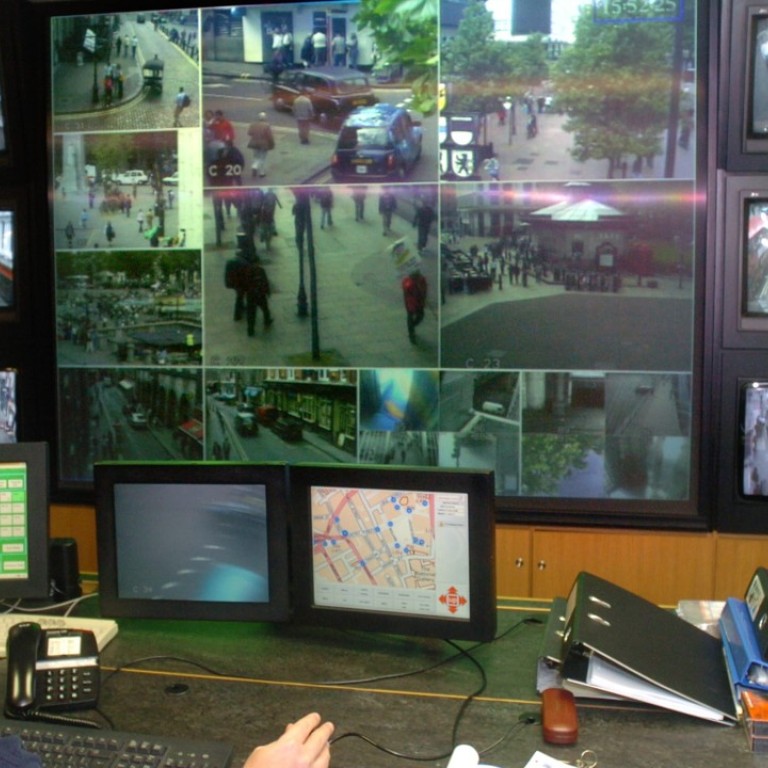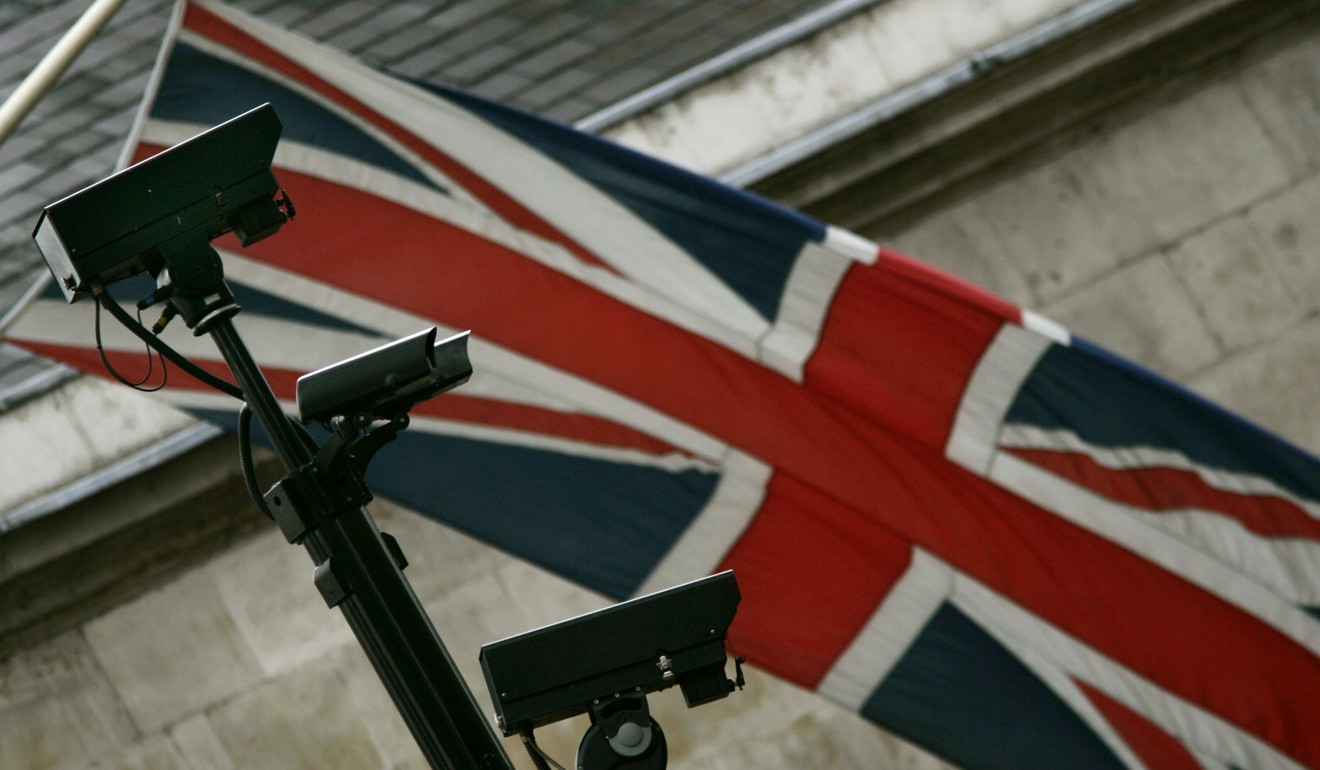
Britain’s ‘Big Brother’ anti-terror strategy is flawed, UN report says
Britain is undergoing a subtle but alarming shift towards criminalising peaceful protest and free expression, said a UN report on Monday that likened it to a “Big Brother” state of surveillance and suspicion.
The highly critical report covers many policies overseen by Prime Minister Theresa May in her prior role as home secretary, Britain’s interior minister, and was published 10 days before a general election that polls suggest May could win with a narrow majority.
The report, dated May 24, was drawn up before the May 22 suicide bomb attack that killed 22 people at a Manchester pop concert, and makes no reference to it. That attack has prompted an internal review of how Britain’s security services handle intelligence on suspects.

Written by Maina Kiai, who was UN Special Rapporteur on freedom of peaceful assembly until last month, the report said Britain’s civil society was a “national treasure” now at risk from police tactics, anti-terrorism legislation and curbs on charities and trade unions.
Britain’s counterterrorism strategy, known as “Prevent”, was inherently flawed, it said.
“Overall, it appears that Prevent is having the opposite of its intended effect: by dividing, stigmatising and alienating segments of the population, Prevent could end up promoting extremism, rather than countering it,” Kiai wrote.
“Students, activists, and members of faith-based organisations related countless anecdotes of the programme being implemented in a way that translates simply into crude racial, ideological, cultural and religious profiling, with concomitant effects on the right to freedom of association of some groups.”
Britain’s security services cast the net far too wide in their hunt for potential terrorists, the UN report said.
Kiai wrote that he had information that the police may have used “International Mobile Subscriber Identity catchers” to gather intelligence from protestors’ phones during peaceful protests in Birmingham, London, Leicester and in Wales last year, which he said was a violation of their right to privacy.
The report, to be debated at the UN Human Rights Council next month, follows a critical report on British policing that Kiai wrote in 2013. Since then, Britain has addressed some recommendations, but also introduced some restrictive measures.
“In many instances, these moves have been subtle and gradual, but they are as unmistakable as they are alarming,” he wrote.
“The spectre of ‘Big Brother’ is so large, in fact, that some families are reportedly afraid of even discussing the negative effects of terrorism in their own homes, fearing that their children would talk about it at school and have their intentions misconstrued.”
Last November, Britain passed a new Investigatory Powers Act with “intrusive powers [that] are bound to have a detrimental impact on the legitimate activities carried out by civil society and political activists, whistle-blowers, organisers and participants of peaceful protests, and many other individuals seeking to exercise their fundamental freedoms.”
The report urged Britain not to pass a proposed Counter-Extremism and Safeguarding Bill, which was “highly problematic”, with a vague targeting of “non-violent extremism”.
“Government officials themselves seemed to have trouble defining the term, which signals vast potential for arbitrary and abusive interpretation,” Kiai wrote.

